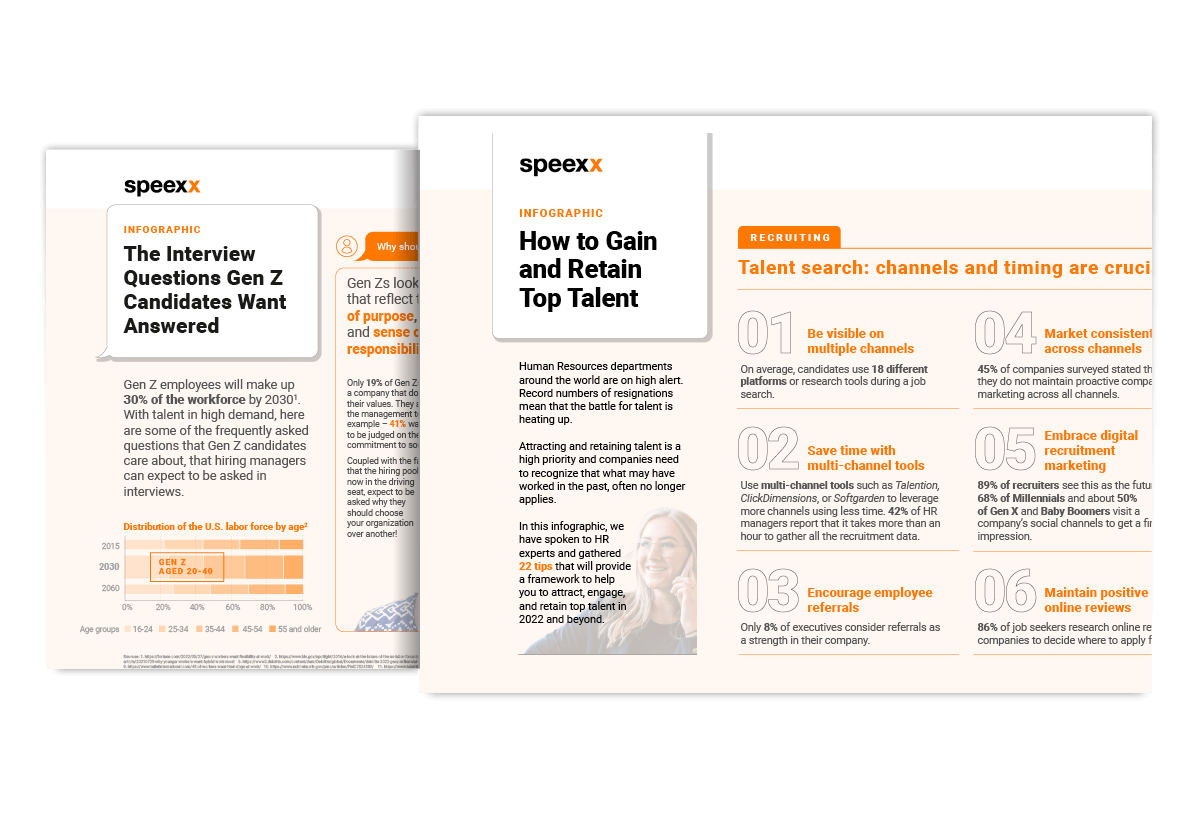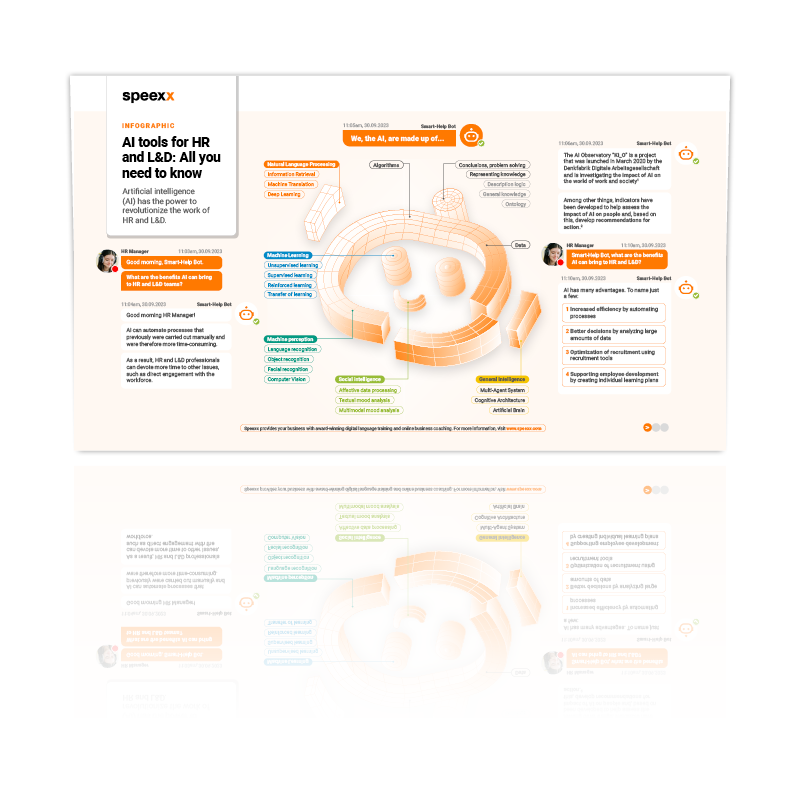Talent vs skill? It is a frequently asked question when seeking the right candidates for your organization, but what does each term really mean? When we encounter exceptionally bright individuals who exhibit extraordinary capabilities, we often use the terms “talent” and “skill” interchangeably. However, this common practice of conflating the two does a disservice, especially within a professional setting. Though both qualities contribute to personal and organizational success, they are fundamentally distinct and deserve separate consideration.
Talent can be described as an innate ability or a natural aptitude that individuals are born with. This inherent gift can emerge early in life or be discovered later as one matures. It’s something that sets certain people apart without any formal training or practice.
In contrast, skills are acquired through experience and deliberate practice. They are not inborn but developed over time, reflecting a person’s effort and learning in a specific area.
In this article, we delve into the nuances of talent vs skill, highlighting their differences and exploring strategies to cultivate both within a business environment.

Decoding Talent: Its Essence and Evolution
Talent, as previously mentioned, refers to an individual’s innate ability to excel in a particular activity effortlessly and intuitively. Whether it’s writing, music, or sport, those with a talent for something are naturally predisposed to excel in that area; it is a quality someone is born with, rather than one they’ve acquired through effort. Talent is an intrinsic part of a person’s being, as fundamental to their identity as their personality.
From Ancient Scales to Modern Meaning
The term “talent” itself has roots in ancient Greece, originating from the word “talanton” which means “balance” or “scale”. Its etymology points to the idea of talent being something of weight and value, akin to a precious metal, fluctuating with market demands. Talent as a currency or an asset to be harnessed is illustrated in the parable from the Gospel of Matthew, where servants are given talents (in this context, coins) by their master. Their actions during his absence—whether they choose to invest and grow these talents or hide them away—demonstrate that talents represent not just inherent value but potential value that, if properly nurtured, can enrich one’s life and the lives of others. Everyone possesses talent, but often it remains untapped due to lack of opportunities or guidance to help in its discovery, development, or cultivation.

Make sure your company has the talent it needs to succeed.
What Is a Skill?
Possessing a skill or competence implies a blend of knowledge, abilities, and attitudes that enables an individual to navigate certain situations. A widely respected document published in 2018 by the Council of the European Union defines “competency” – a.k.a skill – as the amalgamation of three distinct forms of knowledge:
– Knowing (theoretical knowledge)
– Knowing how to do (practical skills)
– Knowing how to be (behavioral attitudes)
These three elements underscore that competence/skill isn’t solely about innate qualities; rather, it emphasizes the importance of acquired knowledge and the ability to apply it in practical contexts. Skills are inherently dynamic, and demand ongoing effort, refinement, updates, and learning from experiences, including mistakes and failures. There are soft skills, such as interpersonal and cognitive abilities, as well as technical skills, which are more quantifiable and directly related to specific tasks. While soft skills may be less tangible and harder to certify than technical skills, both require continuous nurturing, reflection, and adaptation in the pursuit of lifelong learning.
Moreover, skills evolves not only with the individual’s growth but also in response to societal shifts, including economic and social transformations. For instance, attributes like empathy, problem-solving, and collaborative skills, once overlooked, are now deemed crucial in the professional sphere. Similarly, technical skills also undergo significant changes; a mere five years ago, the widespread ability to use artificial intelligence was virtually unheard of, illustrating how rapidly technical skills can evolve in areas such as computing and languages.
Competence, therefore, rather than being static, is a living process that reflects both personal development, upskilling, and the changing demands of the world around us.
Talent vs. Skill: The Key Differences
Understanding the fundamental differences between talents and skills is crucial in both personal development and organizational growth. Here’s a concise differentiation:
- Talent is an innate, natural ability that a person is born with. It’s a gift that exists independently of the person’s effort or desire.
- Conversely, skill is acquired through learning and experience. It’s developed over time through dedication, education, and practice.
- Talent is often unique to a few individuals, making it a rare and sometimes hidden attribute that can be challenging to identify.
- However, a skill can be attained by anyone who has the determination and commits the necessary time and effort to develop it. It’s more recognizable and validated when shared or demonstrated.

Discover the AI tools HR and L&D professionals need today.
Identifying Talent Within the Workplace
Effectively identifying and nurturing talent in the workplace requires a nuanced approach; it is helpful to consider five key factors:
- Technical Skills: Assess what an individual does and their proficiency in those tasks.
- Experience: Look at the breadth of an individual’s experience, how they have navigated it, and their ability to apply it across different scenarios.
- Results: Not just the achievement of specific objectives, but also how an individual performs their role and meets their responsibilities.
- Behaviors: Evaluate if an individual’s actions align with the company’s values, culture, and the adaptability required in times of change.
- Potential: Identify qualities like courage, curiosity, and the willingness to learn and adapt, which are essential for future growth and learning.
This framework not only helps to pinpoint existing talent but also in cultivating the potential within individuals, aligning personal growth with organizational objectives.
Business Coaching to Unearth Talent. Training to Enhance Skills.
When it comes to nurturing talent and skills within a business, distinct approaches are required given their fundamentally different natures. Coaching, particularly online business coaching, emerges as a crucial strategy for talent development. It plays a pivotal role in revealing an individual’s true capabilities—often hidden or unknown even to themselves—by focusing on their innate qualities.
In today’s rapidly evolving business landscape, business coaching transcends mere organizational rhetoric, aspiring to be a genuine mantra for personal and professional development. Digital coaching offers a flexible and accessible means to pursue this growth. Conducted in safe and comfortable environments outside the traditional workplace, it allows individuals to engage more fully and calmly in their developmental journey. Business coaching is instrumental in extracting and highlighting an individual’s inherent talents, thereby enabling them to realize and embrace the best version of themselves.
Conversely, when it comes to skills development, corporate training stands out as the ideal solution. Effective training programs are designed not only to impart or refresh technical skills but also to cultivate the soft skills increasingly essential in today’s workforce. The goal is to optimize performance, facilitate growth, and maximize the application of both new and existing skills.
Talent vs Skill? Talent AND Skill
As we have seen, talent and skill mean two quite different things, and the question is not whether talent or skill is more important, but rather how organizations can identify and hone talent so that an individual has the optimal environment in which to develop their skills and excel in the workplace.
